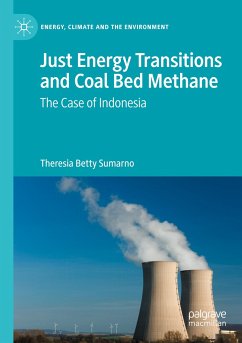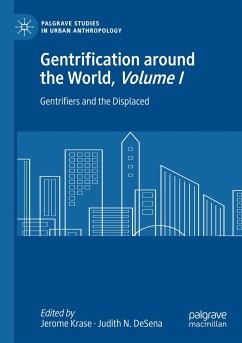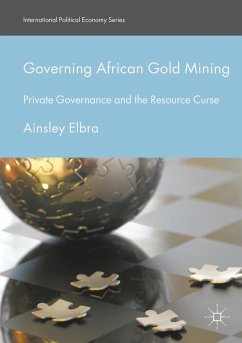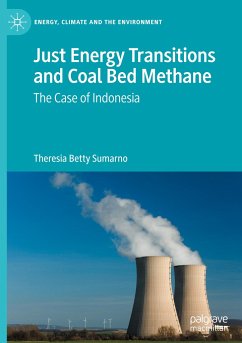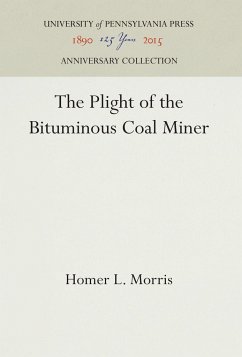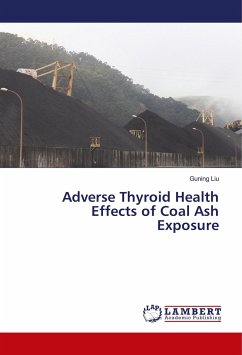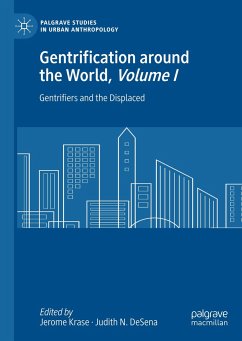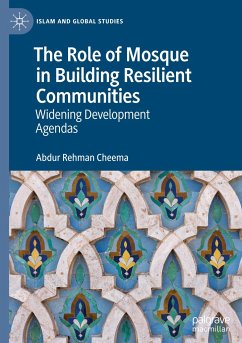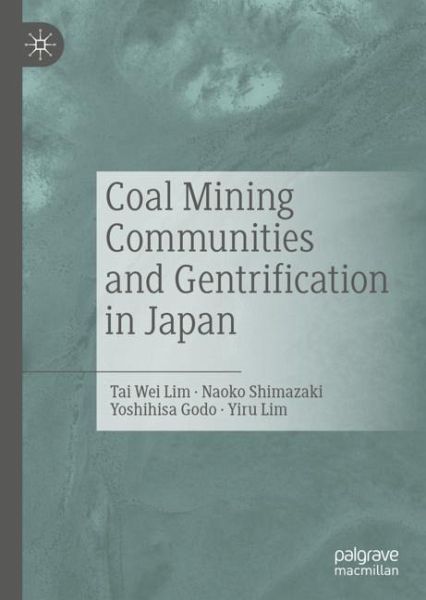
Coal Mining Communities and Gentrification in Japan

PAYBACK Punkte
29 °P sammeln!
This book offers a multidisciplinary analysis of approach in the field of energy studies of Japan, examining post-closure coal mining towns in Japan and their gentrification. It considers the impact of closures on the agricultural industry, the re-absorption of laid off coal miners into service and industrial sectors, and the gentrification of former coal mines into agricultural farms and communities. It also considers the historical process of gentrification in terms of origins, social history, continuity/discontinuity and cooperation/resistance. The historical background of coal mine closure...
This book offers a multidisciplinary analysis of approach in the field of energy studies of Japan, examining post-closure coal mining towns in Japan and their gentrification. It considers the impact of closures on the agricultural industry, the re-absorption of laid off coal miners into service and industrial sectors, and the gentrification of former coal mines into agricultural farms and communities. It also considers the historical process of gentrification in terms of origins, social history, continuity/discontinuity and cooperation/resistance. The historical background of coal mine closures analyses nostalgic recollection about mine closures and Sakubei's UNESCO drawings of life in the coal mines and other cultural materials related to coal energy and the mining industry in general in Japan.



